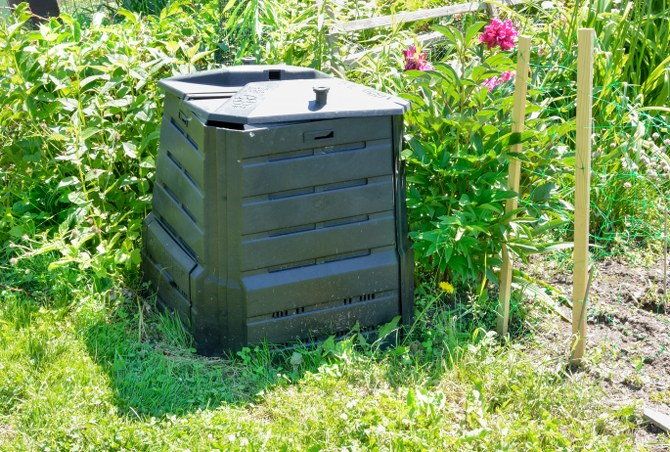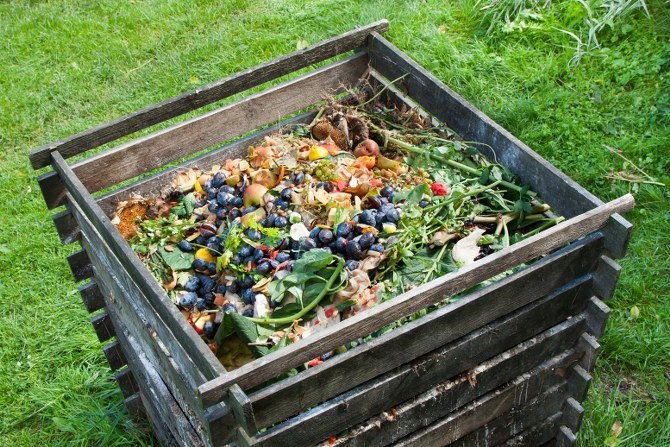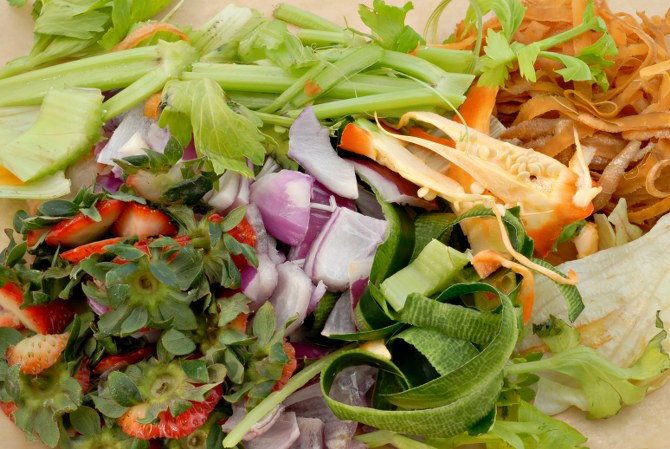Composting Tips By Gardening Experts In Bromley
Posted on 24/02/2015
Composting Tips and Tricks to Beautify Your Garden

Where do I make compost?
Where you make compost depends a lot on the volume of material you create in your yard and kitchen. For a small garden in Bromley, you can use a small homeowner sized bin type, whereas, for a larger garden, you can use the commercial variety which is made of metal or heavy plastic mesh and is about the size of a washing machine. Depending on how much stuff you produce, you can tailor-make your inexpensive ‘pen’ sort of bine with chicken wire or durable mesh wire and rot-proof lumber stakes. Whatever you use, you have to make sure that you have a mechanism to shut it to keep out the animals and hold in your vegetable waste. Alternating the debris you add with garden spoils and a little soil along with some finished compost will help to activate the bacterial activity in the new pile and reduce chances of unpleasant odours. Alternatively, you can also dig a hole in the ground and bury scraps of plant remains and kitchen debris in them. The layer of soil over the surface will help to deter animals from attacking the heap. Some gardeners in th eBR1 area also make an open pile called a windrow where materials are piled up sometimes as tall as 5-6 feet high but they eventually go down to 3 to 4 feet high as they break down. IF you have a lot of waste material that you add to the pile, remember to keep the pile moist, just so that the decomposition process proceeds smoothly.

Does the type of container I use dictate what I can put in the compost heap?
Irrespective of whatever composting system you choose in Bromley, BR2, a simple hole dug in the ground, a long windrow or an enclosed bin/pen, a good compost heap will have to be made of a variety of organic materials. Although there is no precise recipe, most gardening professionals will recommend using two basic ingredients - green debris (such as the leftovers of lawn mowing for nitrogen source) and brown debris (such as dry, brown leaves and twigs after raking for carbon source) in layers. Putting too much of either will slow down decomposition. The key to having a successful compost heap is to keep it moist but not sudden and turn it around once in a while so that the stuff gets aerated. If you have too much of green debris in your garden in the BR1 region, say after a nice lawn mowing, hedge trimming and pruning, spread them around the heap and add some soil or old compost to activate decomposition, otherwise it will make your heap smelly. To hasten the breakdown of brown debris, chop them up into smaller pieces otherwise they will just sit there and brown further.

What else can I add to the compost heap?
Apart from plant debris and vegetable waste from the kitchen, you can also add other kinds of organic wastes such as manure from farm animals. Ideally, these animals should not have been fed crops that have been treated with chemicals, since these chemicals are slow to degrade and their waste will contain some trace amounts of it, it will transfer to your garden in Bromley as well and can retard plant growth. As far as possible, try to exclude seeds from the compost heap. If you are adding animal waste, make sure you add them to a well-decomposed pile that is running high temperatures, otherwise, you run the risk of creating an ideal environment for new plants to grow. Having said that, a bit of partial sunlight will help the heap rot faster.




